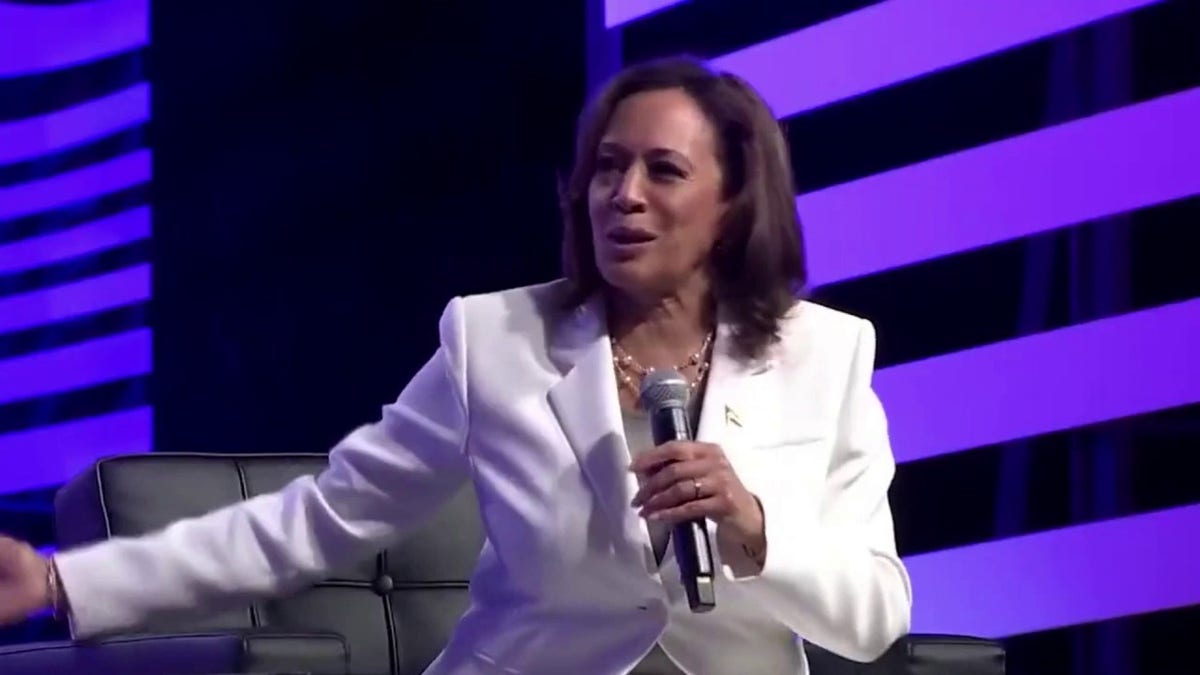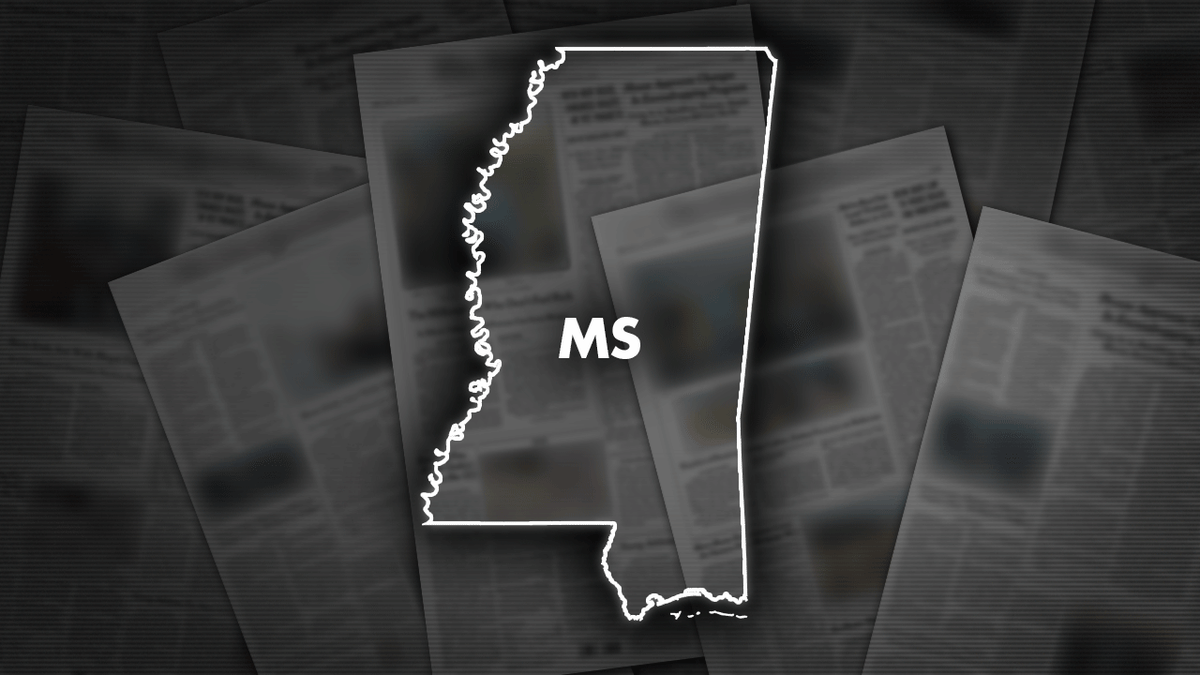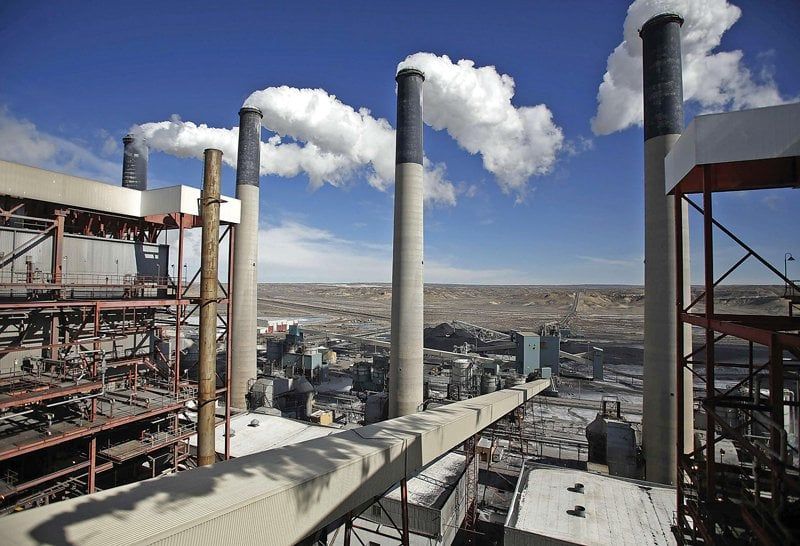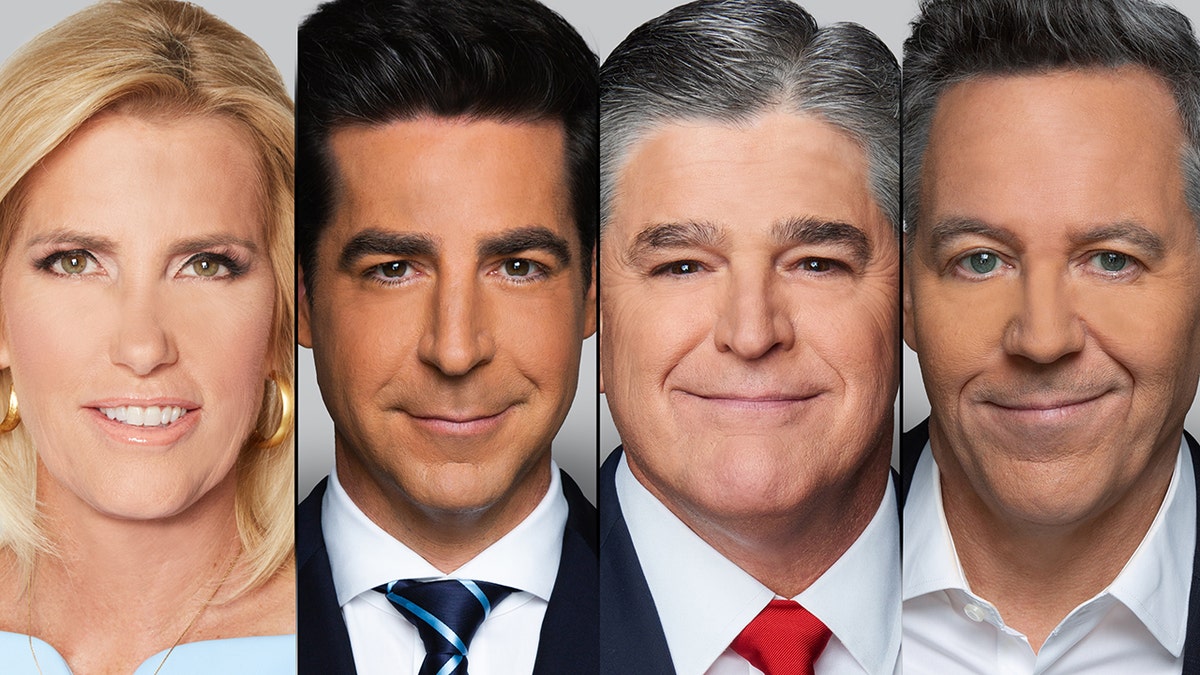President Biden's recent characterization of Chinese President Xi Jinping as a "dictator" has drawn sharp criticism from China, with a Foreign Ministry spokesperson labeling the comment "extremely absurd and irresponsible" and a "blatant political provocation." The statement, made during a California fundraiser, referred to Xi's alleged surprise regarding the U.S. downing of a Chinese surveillance balloon earlier this year. Biden suggested that such ignorance was embarrassing for dictators.
China's Foreign Ministry spokesperson, Mao Ning, responded forcefully, stating that Biden's words were a severe breach of diplomatic protocol and infringed upon China's political dignity. She reiterated China's stance that the balloon was a weather research device that veered off course and accused the U.S. of escalating the situation unnecessarily, revealing its "bullying and hegemony."
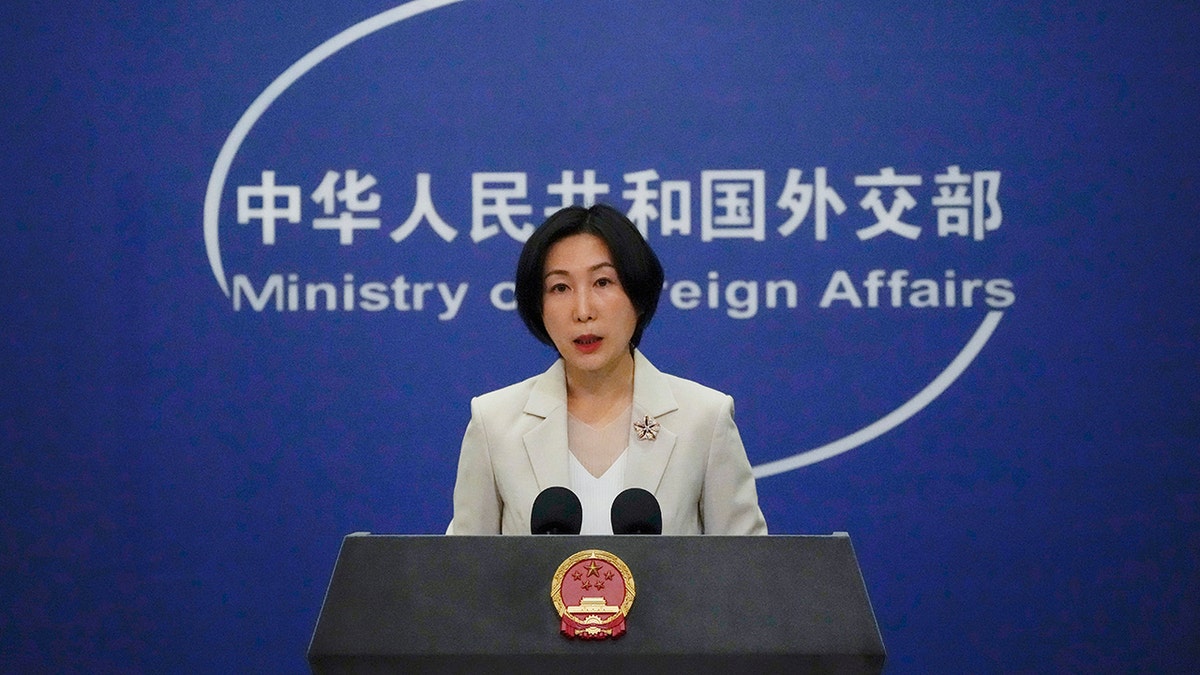
Despite the pointed remarks about Xi, Biden also emphasized the importance of cooperation with China during the fundraiser, acknowledging that rebuilding the relationship would require time. This comes on the heels of Secretary of State Antony Blinken's recent visit to Beijing, a trip aimed at easing tensions between the two nations. However, the visit seemingly yielded little tangible progress.
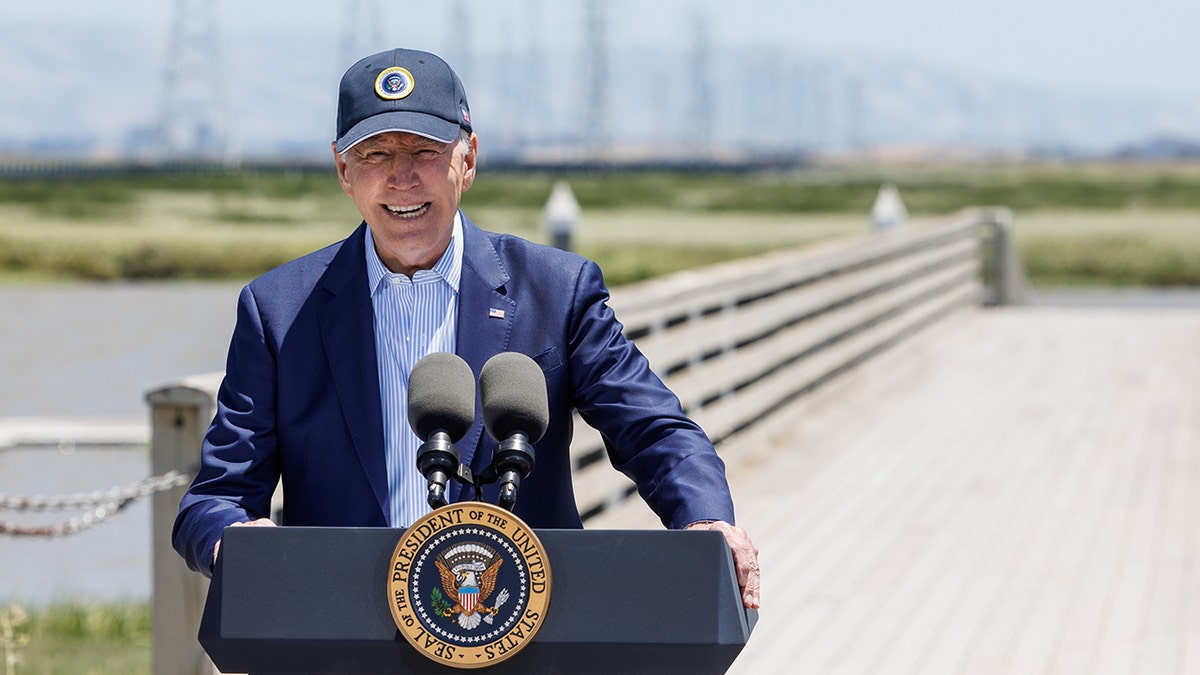
The exchange highlights the continuing strain in U.S.-China relations, exacerbated by disagreements over Taiwan, the spy balloon incident, and reports of a potential Chinese military base in Cuba. These issues have brought the relationship between the two superpowers to a historic low.
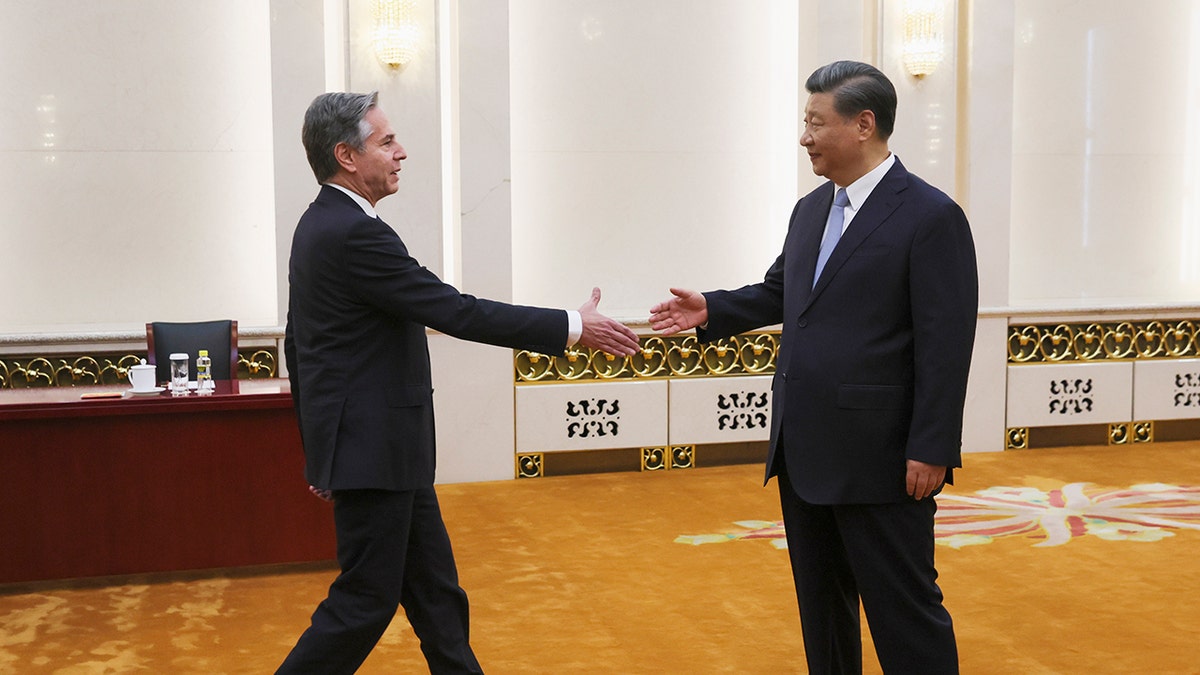
Blinken's meeting with Xi, while intended to foster dialogue, appears to have done little to bridge the divide. The ongoing tensions raise concerns about the future trajectory of the U.S.-China relationship.


